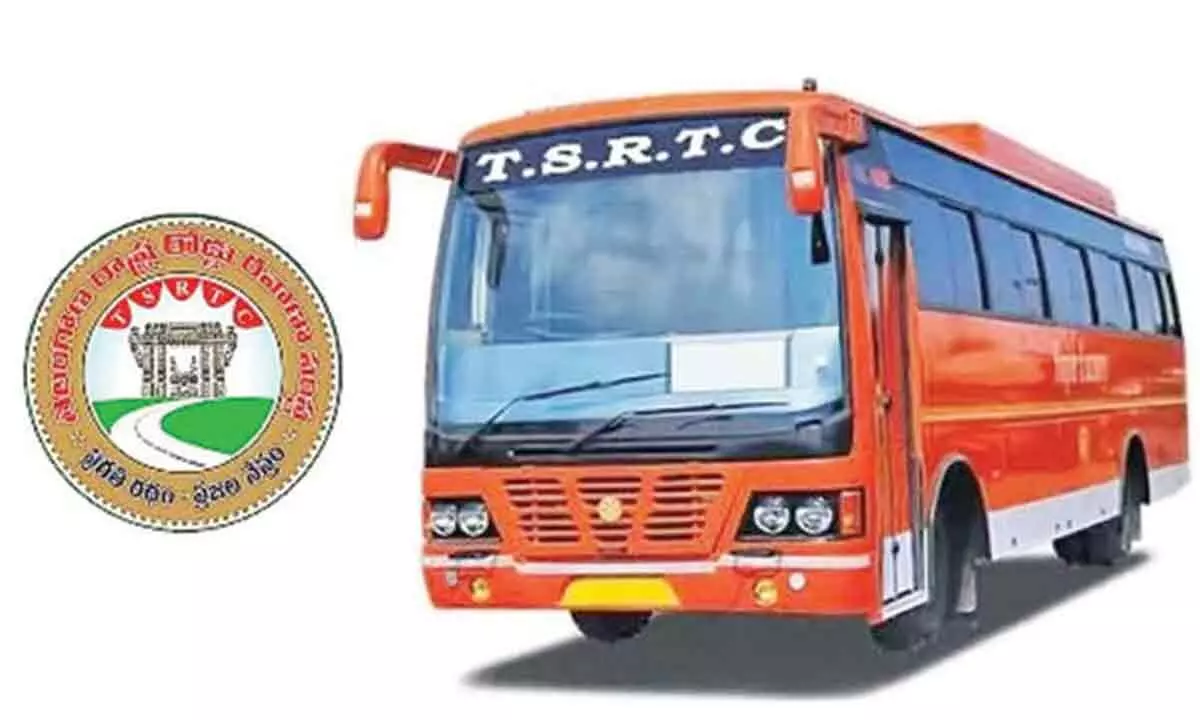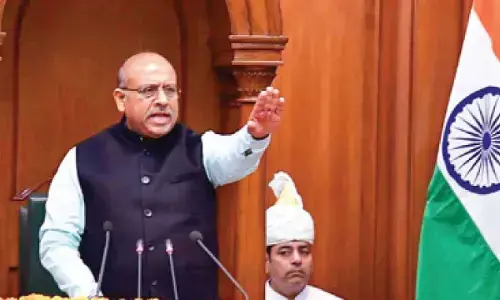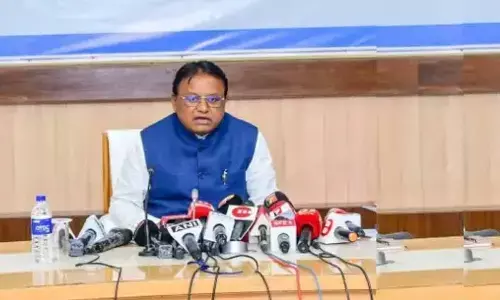Diesel cess route helps TSRTC to fill its coffers

After TSRTC added ‘diesel cess’, the daily earnings of the corporation improves significantly, with the revenue reaching Rs 17 crore against Rs 15 crore a day
Hyderabad: After the Telangana State Road Transport Corporation (TSRTC) increased its passenger ticket and bus pass prices with an added 'diesel cess', the daily earnings of the corporation improved significantly, with the revenue reaching Rs 17 crore against Rs 15 crore a day.
On June 13, the TSRTC's daily revenue reached Rs 17.84 crore which is the highest since March. Before the increase in bus fares the corporation's daily earnings ranged between Rs 10 crore to Rs 12 crore.
On June 8 TSRTC recorded a revenue of Rs 12.49 crore and after adding diesel cess, on June 9, it crossed Rs 15 crore mark and since then the daily earnings of the corporation is not below Rs 15 crore.
It was in March that the TSRTC decided to increase its fare in the city buses by rounding off fares with the nearest multiple of five. After the round off in fare they decided to increase the fare in form of cess by adding the safety cess, amenities cess, passenger cess, diesel cess.
According to the officials, the RTC buses cover between 28 lakh to 32 lakh km everyday through its 9,500 buses. Before adding diesel cess, on June 8 the earnings per km (EPK) was Rs 37.26 and after adding the cess, it was Rs 46.15. Since then the EPK is not below Rs 40 and the highest was on June 13 with Rs 50.94.
According to an official, the TSRTC does not operate to generate profit, but still needs to bridge the gap between revenue and expenditure to ease the financial burden. However, the government has allocated Rs 1,500 crore to TSRTC this financial year. With that and the adding of cess, along with the increased bus pass rates, the corporation can begin to close the divide.
However, passengers are facing burden with the increase of ticket fares and students are facing burden with increasing bus pass fare which is double compared to previous rates. One of the observers said that with increasing bus pass rates, people might opt to take other transport to avoid spending money on RTC. "People might choose to take private transport which allows them more control rather than pay an increased amount of money for bus fare," added Asif Hussain.




